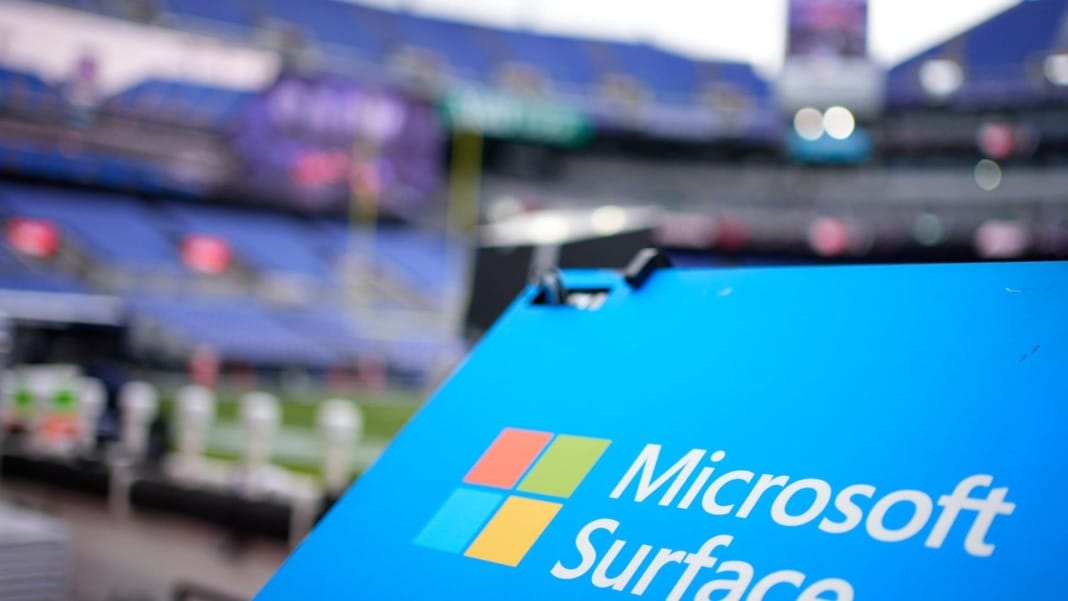You’ve probably noticed that Microsoft has been doing exceptionally well lately. The software giant posted its fourth and final quarter results for the 2024 fiscal year, reporting US$64.7 billion in revenue and US$22 billion in net income. That’s a 15 per cent increase in revenue and a 10 per cent rise in net income compared to last year.
One of the standout performers is Microsoft’s Intelligent Cloud division. This includes server products and cloud services, which brought in US$28.5 billion, up 19 per cent from last year. This segment now makes up nearly 45 per cent of Microsoft’s total revenue, highlighting the growing importance of cloud services in the company’s overall strategy.
However, not all areas are experiencing the same growth. Microsoft’s push into consumer devices is facing challenges. Xbox hardware revenue has dipped again, and Surface revenue has declined for seven straight quarters.
Windows and Surface revenue trends
Windows OEM revenue, which manufacturers pay to license Windows for laptops and PCs, has seen a 4 per cent year-over-year increase. This is likely due to a rebound in PC shipments, as noted by Gartner, and Microsoft’s recent launch of new devices like the Copilot Plus PCs and new Surface models in mid-June. Despite these launches, the full impact on sales will be evident in the next quarter.
Surface revenue, now called device revenue, has dropped by 11% this quarter. The last time there was an increase was in Q1 of fiscal year 2023. Due to layoffs, Microsoft had to adjust its hardware lineup earlier this year, but products like the Surface Pro 10 and Surface Laptop 6 haven’t significantly boosted revenues.
According to Microsoft CFO Amy Hood, device revenue will continue to decline in the next quarter, albeit in the low- to mid-single-digit range. Meanwhile, Windows OEM revenue is predicted to remain flat, mirroring the overall PC market trends.
Xbox and gaming performance
On the gaming front, there’s a mixed bag. Xbox content and services revenue, including Xbox Game Pass, rose 61% this quarter. A significant portion of this growth is thanks to Activision Blizzard, which contributed 58 points of net impact. Even without Activision Blizzard, a 3 per cent year-over-year increase would still exist.
Xbox Game Pass has grown to 34 million subscribers, and Microsoft plans to introduce a new standard plan for Xbox Game Pass, replacing the current console offering. They also launched Call of Duty: Modern Warfare III on Game Pass and plan to add Call of Duty: Black Ops 6 later this year.
However, Xbox hardware sales are struggling, with revenue down 42% this quarter. Microsoft is set to release a disc-less Xbox Series X and a special-edition Xbox Series X later this year. Despite the hardware slump, gaming revenue is up 44 per cent, buoyed by Activision Blizzard’s contribution. Without this, gaming revenue would have been down 4 per cent.
Microsoft hasn’t updated Xbox Game Pass subscriber numbers this quarter but did share that there are now over 500 million monthly active users across all platforms. The company expects Xbox content and services revenue to grow in the “low to mid-50s” next quarter, with overall gaming revenue rising by the mid-30s.
Cloud and office revenue continue to grow
Microsoft’s cloud and Office divisions are also thriving. Office commercial products and cloud services grew by 12 per cent, with Office 365 commercial revenue up by 13 per cent. On the consumer side, Office 365 subscriptions have grown by 10% to 82.5 million.
Server products and cloud services revenue saw a 21 per cent increase, with Azure and other cloud services up 29 per cent. Although analysts expected higher Azure revenue, leading to a dip in Microsoft’s stock after-hours trading, the company remains optimistic about future growth. AI services contributed to this growth, with expectations of continued Azure growth in the second half of the 2025 fiscal year due to infrastructure investments and demand.
Microsoft also rewards its employees with a one-time cash award amounting to 10–25 per cent of their regular annual bonus.





